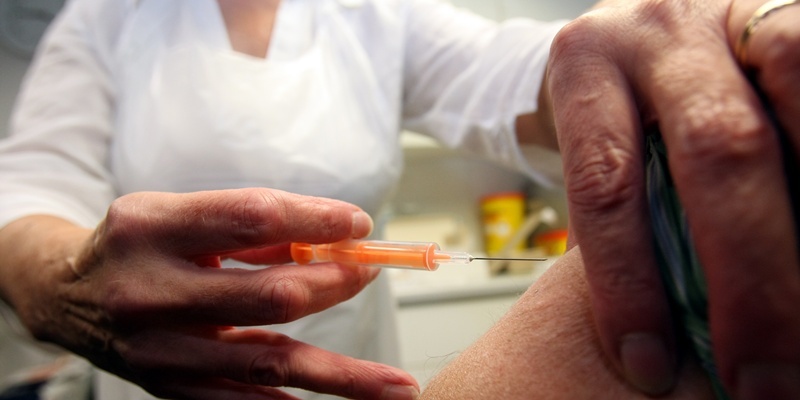A new £1.6 million grant could pave the way for boffins at St Andrews University to develop revolutionary new drugs to help treat or even prevent one of the world’s most common ailments.
Flu is highly contagious and affects millions of people every year, yet is notoriously difficult to tackle.
However, all that could be set to change after leading Fife researchers were awarded the grant by the Medical Research Council (MRC).
While normally relatively mild, influenza can have a devastating impact on vulnerable members of society, sometimes resulting in very serious illness or even death.
Scientists at the university say the package could play a vital role in the development of potential new treatments.
“Influenza is an acute viral infection that affects people of all ages,” said a spokeswoman.
“While most people recover without complications in one or two weeks, flu can cause serious illness and death, especially in the very young and the elderly,” she said.
Two drugs have been used to treat influenza in recent years, but already many circulating strains of the virus have developed resistance to at least one of these.
New vaccines take a long time to develop and influenza continues to spread and evolve.Global threat”Flu continues to be a global health threat, as witnessed by the pandemic swine flu that rapidly spread across the world last year,” the spokeswoman added.
“The need is urgent to find new ways of stopping this dangerous virus.”
At the Biomedical Sciences Research Complex in St Andrews site of a new £15 million annex under construction scientists are determined to tackle the problem head on.
Experts said the funding announced yesterday would help to drive forward two important areas of work.
The first is a project being undertaken by Dr Rupert Russell and Professor Rick Randall, who want to understand how the virus is able to multiply and evade the immune system by interfering with normal cellular mechanisms.
“The MRC funding will allow us to address important questions concerning the function and structure of an essential viral virulence factor,” Dr Russell said.
The second area involves an initiative being driven forward by Professor Garry Taylor and Dr Helen Connaris.
They have already engineered new ways of masking certain molecules in the respiratory tract which are essential to viruses such as influenza.
Professor Taylor said the funding would allow them to continue to develop their innovative project.
“Our approach should overcome resistance associated with drugs that target the virus,” he said.
“The MRC funding will allow us to explore the effectiveness of this approach and to translate our basic research into a new drug that will hopefully enter the clinic.”
